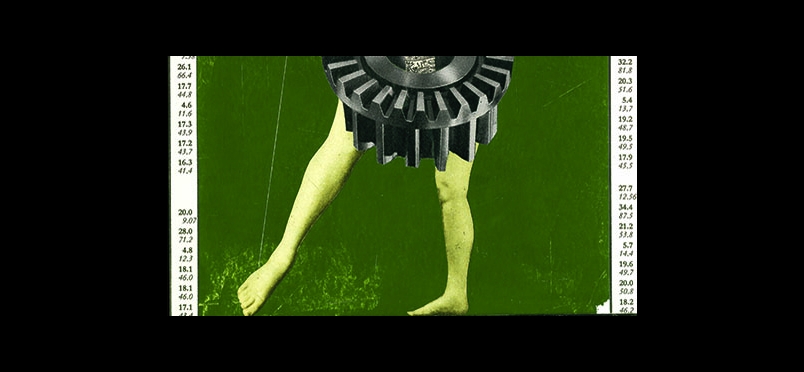| peripheral pain
Cocoa Flavanoid Rich Beverage Eases PAD, Walking Pain

Ingredients Epicatechins & Flavanols Improve Muscle Function
Newswise — Consumption of cocoa may improve walking performance for patients with peripheral artery disease, according to the results of a small, preliminary, phase II research trial published today in the American Heart Association's journal Circulation Research.
In a small study of 44 peripheral artery disease patients over age 60, those who drank a beverage containing flavanol-rich cocoa three times a day for six months were able to walk up to 42.6 meters further in a 6-minute walking test, compared to those who drank the same number and type of beverages without cocoa. Those who drank the flavanol-rich cocoa also had improved blood flow to their calves and some improved muscle function compared to the placebo group.
Peripheral artery disease or PAD, a narrowing of the arteries that reduces blood flow from the heart to the legs, affects over 8.5 million people 40 years of age and older nationwide. The most common symptoms are pain, tightness, cramping, weakness or other discomfort in leg muscles in while walking.
"Few therapies are available for improving walking performance in people with PAD," said lead study author Mary McDermott, M.D., the Jeremiah Stamler professor of medicine and preventive medicine at the Feinberg School of Medicine at Northwestern University in Chicago. "In addition to reduced blood flow to the legs, people with peripheral artery disease have been shown to have damaged mitochondria in their calf muscles, perhaps caused by the reduced blood flow. Mitochondria are known as the powerhouse of the cell, converting food to energy. Previous research has shown that better mitochondrial health and activity are associated with better walking performance and improving the health of damaged mitochondria could lead to walking improvements."
Researchers hypothesized that epicatechin, a major flavanol component of cocoa, may increase mitochondrial activity and muscle health in the calves of patients with lower extremity peripheral artery disease, potentially improving patient walking ability. Epicatechins and flavanols also have the potential to improve blood flow.
Study participants were randomly assigned to drink milk or water mixed with the contents of a powder packet containing flavanol-rich cocoa (15 grams of cocoa and 75 mgs of epicatechin daily) or a placebo powder packet without cocoa or epicatechin three times daily over six months. Walking performance was measured at the beginning of the study and at six months, with a 6-minute walking measured test twice - 2.5 hours after drinking the beverage and at 24 hours after drinking the beverage. Participants were also given a treadmill walking test and had the blood flow to their legs measured using magnetic resonance imaging (MRI). Participants who consented had a calf muscle biopsy to evaluate muscle health.
The cocoa used in the study is commonly available natural unsweetened cocoa powder., which is rich in the flavanol epicatechin, found in larger quantities in dark chocolate (>85% cacao) than in milk chocolate. Regular chocolate would not be expected to have the same effect.
Researchers found that the patients who consumed cocoa showed significant improvement - walking an average of almost 43 meters further in the 6-minute walking test compared to their baseline results during the test performed at 2.5 hours after the final study beverage. Researchers also found increased mitochondrial activity, increased capillary density, and other improvements to muscle health in those who consumed the cocoa. Patients who drank the placebo beverage had a decline of 24.2 meters in their walking distance at 2.5 hours after the final study beverage compared to their baseline results. This is consistent with other studies, in which people with PAD without treatment have declines in their six-minute walk distance over time.
Read the full press release on Newswise.
Did you enjoy this article?
Subscribe to the PAINWeek Newsletter
and get our latest articles and more direct to your inbox
